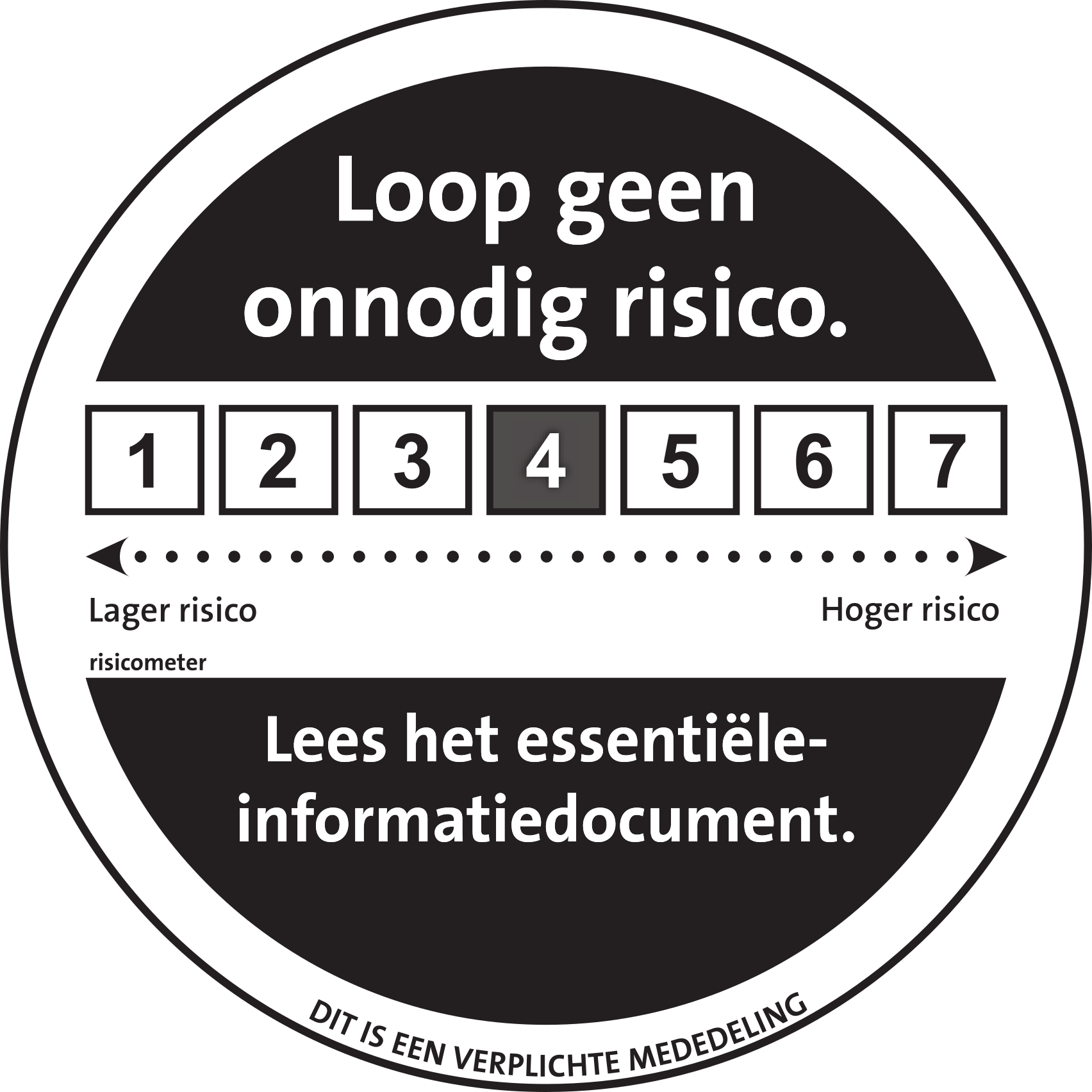When a publicly traded company earns a profit, it can decide to distribute a proportion of the earnings to shareholders as a reward. This reward is called a cash dividend.
Regular cash dividends are paid on a predefined schedule and the amount can typically be estimated using the company’s dividend policy. In case of outstanding financial results or various proceeds from M&A activities (e.g. selling a subsidiary company at a profit), the company can decide to reward its shareholders by distributing a special cash dividend. Get more insights on dividends here.
Besides cash payments, the company can also decide to issue the reward in the form of a stock dividend. This type of distribution is as good as cash but no tax has to be paid on such proceeds in some jurisdictions.





